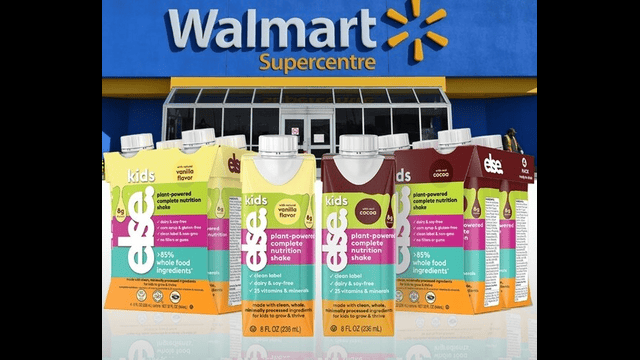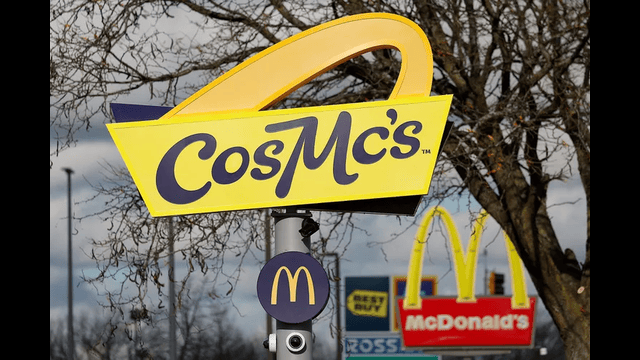
New Culture introduces its cruelty-free cheese at Pizzeria Mozza in Los Angeles, marking the start of a collaboration with Nancy Silverton. 🧀 Photo by New Culture.
With a focus on precision fermentation, innovative strides are being made in the food industry, contributing to both novel product development and climate change mitigation. Noteworthy developments in this arena were showcased at the IFT FIRST trade show, where U.S.-based Perfect Day showcased its animal-free milk protein and California-based New Culture presented its animal-free mozzarella cheese. These products, created through precision fermentation, are positioned as more sustainable alternatives to traditional dairy and cheese.
Perfect Day, with a vision of building a "kinder, greener tomorrow," asserts that its whey protein enhances the sustainability of dairy products while maintaining the desired taste and texture. Similarly, New Culture aims to establish a "more sustainable food system" by using precision fermentation to produce the casein protein essential for the distinctive qualities of cheese.
Precision fermentation, a technology rooted in synthetic biology and recombinant DNA, is the driving force behind these advancements. It involves engineering microbes to produce specific products without consuming the microbes themselves. The Saskatchewan Food Industry Development Centre is actively involved in facilitating the scale-up production of precision fermentation products, offering a bridge for companies to test and produce these items before establishing large-scale facilities.
Explaining the concept, Fei Luo, CEO of Liven Proteins, likens precision fermentation to brewing beer, where micro-organisms are engineered to produce targeted proteins or chemicals. Liven Proteins specializes in animal-free protein ingredients like collagen, exemplifying the diverse applications of precision fermentation, which can produce enzymes, flavoring agents, vitamins, natural pigments, and fats, according to the Good Food Institute.
While Perfect Day's and New Culture's products may not be available in Canada, the widespread familiarity with Impossible Foods and its use of precision fermentation to create heme for its meat alternative underscores the global impact of this technology.
The potential benefits of precision fermentation extend beyond product innovation. Many industry professionals believe it can address challenges associated with feeding a growing global population by minimizing land and water resource use. Furthermore, it offers the prospect of producing healthier and more nutritious foods with natural flavors, aroma, and essential components of plant-based alternatives to meat.
Collagen, a protein manufactured by Liven through precision fermentation, illustrates the potential for sustainability, replacing traditional methods that rely on animal-derived sources. Precision fermentation allows for protein production without the environmental impact and contamination associated with conventional processes.
Despite the promising outlook, challenges exist. The cost of specialized equipment for large-scale precision fermentation remains a hurdle, with the need for substantial upfront financing. Regulatory uncertainties and the imperative for consumer education to instill confidence in the safety and nutritional value of "fermed" products are additional considerations.
In conclusion, precision fermentation emerges as a transformative technology with the potential to revolutionize the food industry, providing sustainable alternatives and addressing crucial environmental and nutritional challenges. As efforts continue to overcome existing obstacles, the impact of precision fermentation on the future of food production remains a subject of keen interest.















